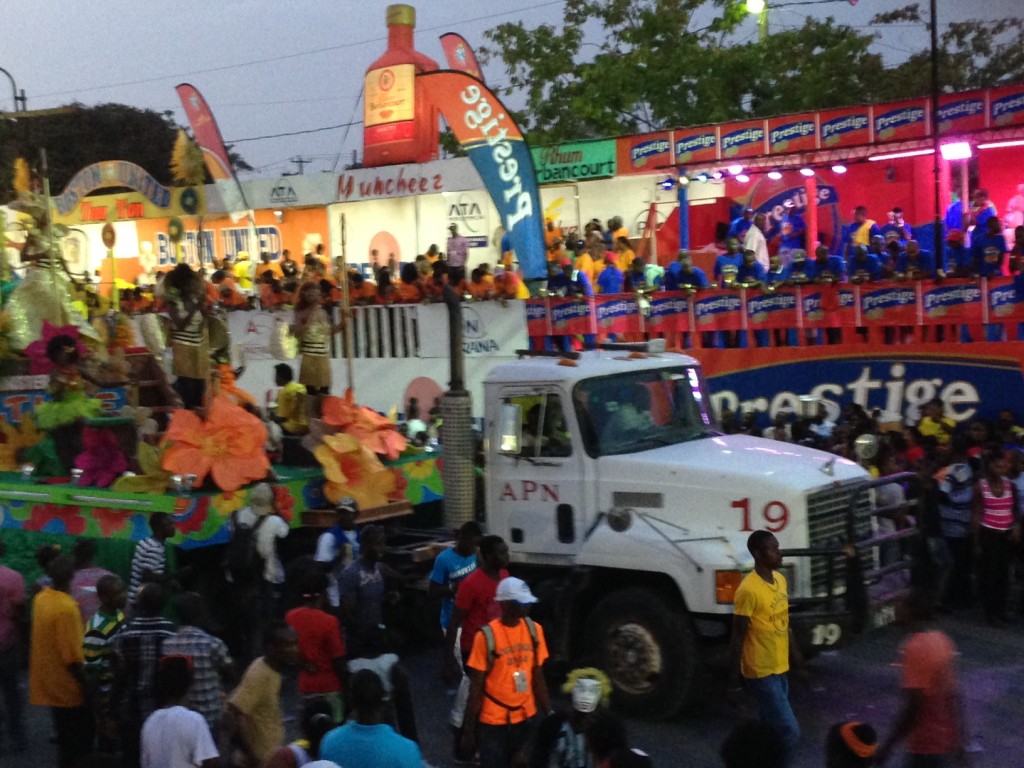In Haiti, elections generally arouse less passion than carnival. Here’s why
Speaking of circuses, the supposed focus on elections practically evaporated, like so many insubstantial puffs of vapour, this carnival week in the Haitian capital. Almost sotto voce, the communications minister started to hint at the worst-kept secret of them all – ie that Haiti’s long-overdue elections will probably not be held on October 26.
So what happens next? Same old, same old.
Inchoate political demonstrations of various sorts are likely to continue. But they’re unlikely to arouse the sort of passion, say, of carnival. Here’s why, according to a report, “Escaping the Crisis Trap: New Options for Haiti,” produced by the Legatum Institute and the Institute for State Effectiveness.
It says, “…political office has always been the main and often only means of upward mobility. Incumbents resort to any means to secure their inherently precarious political positions — including violence. A narrow, kleptocratic elite has captured key positions in government agencies and civil society organizations. As a result, neither represents nor caters to the interests of the majority of the country: the poor. Few Haitians see elections as having any effect on their lives.”
Not so circuses. For many Haitians, they can at least be expected to have a temporary ameliorating effect: high spirits and the sweet balm of forgetfulness.
(Tomorrow: The petty politics and small economics of carnivals, circuses & suchlike)


